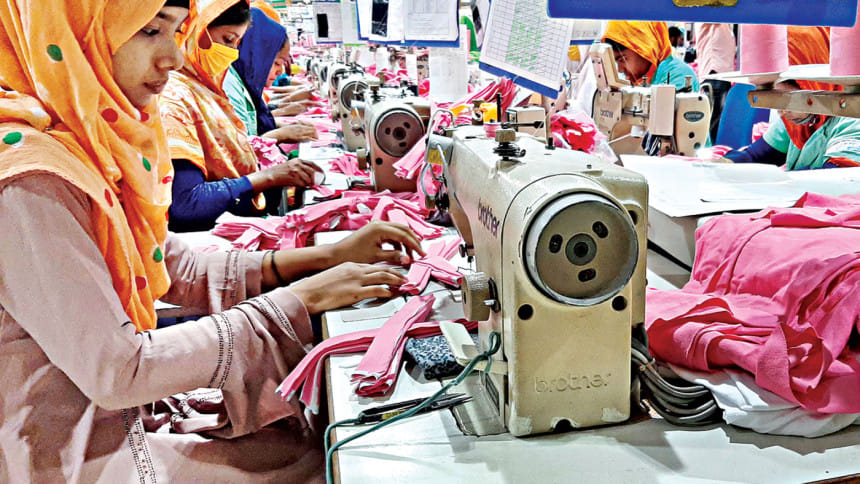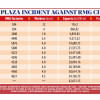Bangladesh now top knitwear supplier to EU

Bangladesh has become the top knitwear exporter in the European Union for the first time, overtaking China, thanks to the duty facility available under the bloc's generous Everything but Arms (EBA) scheme.
It comes as the EU's import from Bangladesh exceeded the share of any other country in January-September of 2023, both in US dollar terms and in volume, according to data from the Eurostat.
During the nine months, the bloc's knitwear import from Bangladesh was $9 billion against $8.96 billion from China.
In terms of weight, the EU's import from Bangladesh was 571 million kilogrammes and it was 442 million kgs from China, said Faruque Hassan, president of the Bangladesh Garment Manufacturers and Exporters Association (BGMEA), in a press release citing the data from the statistical office of the European Union.
According to Hassan, one of the reasons for Bangladesh's stellar performance in the EU in knitwear has been the recent investments in high value-added items, especially activewear.
"I think our industry will be able to make a significant shift in the area of non-cotton-based athleisure items."
Athleisure items refer to casual, comfortable clothes designed to be suitable both for exercise and everyday wear.
The EU's clothing sourcing in volume from Bangladesh exceeded that of China for the first time in 2022, he said.
Last year, the bloc's clothing import from Bangladesh reached 1.33 billion kgs against 1.31 billion kgs from China. In terms of value, however, the clothing import was $7.3 billion less than China's.
As the country's position in EU markets continues to be stronger, 2023 sets a significant landmark for the knitwear sector.
"Such performance reveals our competitive capability over others," Hassan said, attributing the EU's EBA scheme as one of the key factors for the growth and investment in the local garment sector.
The EBA scheme removes tariffs and quotas for all imports of goods (except arms and ammunition), coming into the EU from least-developed countries.
Bangladesh also tops in the EU and the US in a few other areas in the garment sector.
For example, the country has been the leader in the EU in denim sourcing since 2014, with Turkey in second and Pakistan in third.
In 2020, the country overtook Mexico to become the largest denim exporter to the US. Pakistan came third in the largest market in the world.
Bangladesh emerged as the top cotton apparel supplier in the US in January-June this year. As Vietnam's exports rebounded, the country fell behind the Southeast Asian nation marginally in January-October.
The cotton apparel market in the US was worth $47.50 billion in 2022, giving Bangladesh a share of 14.55 percent in the year.
"While we are promoting non-cotton apparel these days, the importance of retaining and enhancing our share in cotton apparel cannot be overstated, especially in selected cotton categories like denim and dresses for women," said the BGMEA chief.
He thinks by the end of 2024, Bangladesh will regain the top spot in cotton apparel in the US.

 For all latest news, follow The Daily Star's Google News channel.
For all latest news, follow The Daily Star's Google News channel. 








Comments